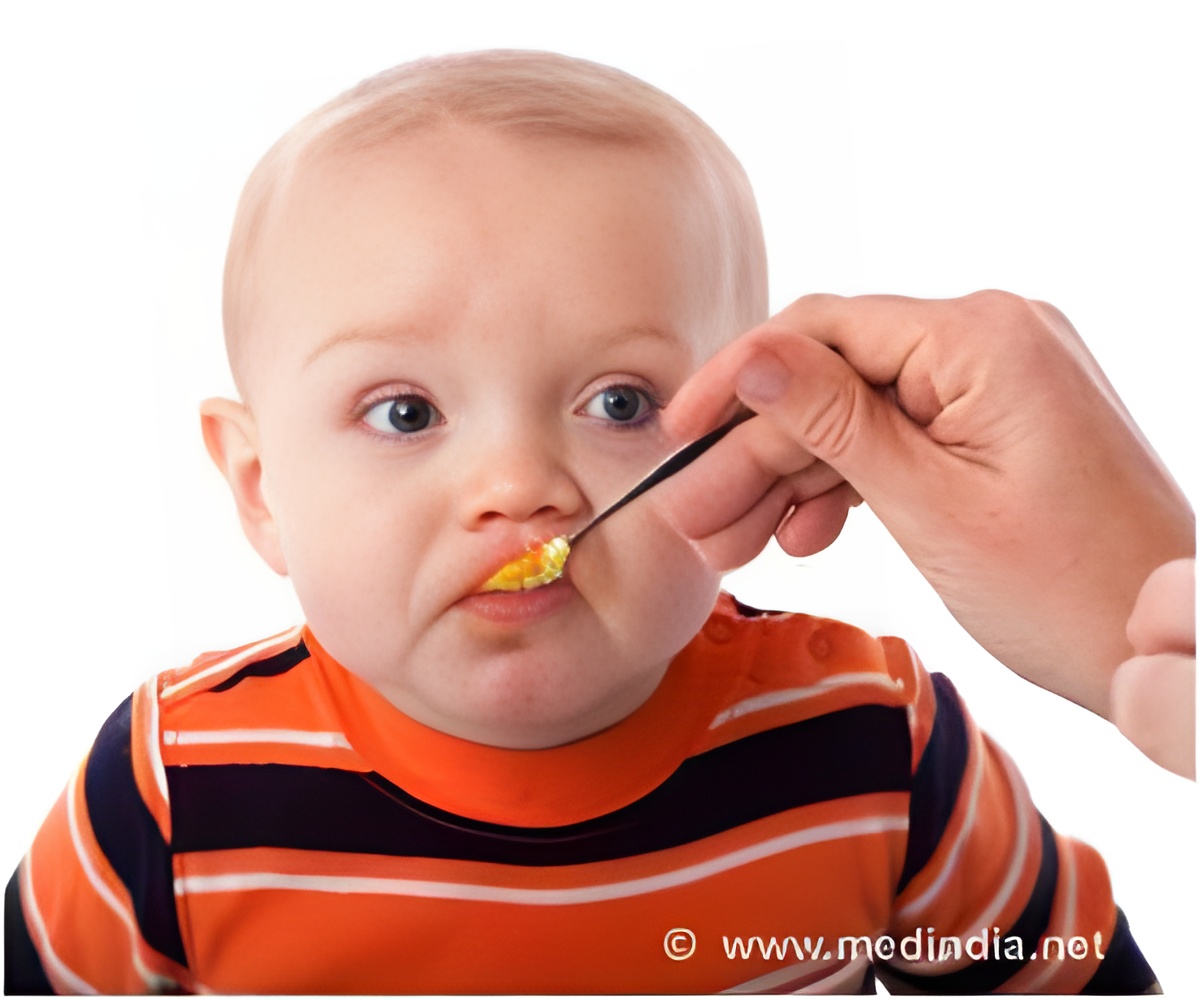A child's risk of becoming overweight or obese can be reduced by teaching the new mum about healthy eating and active play, a study published today on bmj.com finds.

There has been a lack of good quality research so authors from the South Western Sydney & Sydney Local Health Districts and Sydney Medical School, University of Sydney in Australia looked at 667 first-time mothers and their infants. The intervention consisted of eight home visits from specially trained community nurses delivering a staged home based intervention, one in the antenatal period and seven after birth (at 1, 3, 5, 9, 12, 18 and 24 months). The timing of visits was designed to coincide with early childhood developmental milestones. They looked at the children's BMI, feeding habits and television viewing time. This is the first study of its kind to look at outcomes at two years old.
Nurses taught mothers healthy eating and exercise habits for their children and the following key intervention messages were also used: breast is best; no solids for me until six months; I eat a variety of fruit and vegetables everyday; only water in my cup and I am part of an active family.
The mean BMI (at 24 months) for children in the intervention group was 16.49 (where a healthy BMI is 14-18 for boys and 13-18 for girls) compared with 16.87 in the control group, and 11.2% of the intervention group were overweight or obese after 24 months compared with 14.1% of the control group. 89% of children in the intervention group were also significantly more likely to eat one or more servings of vegetables per day compared with 83%, and 62% of children in the intervention group were likely to be given food as a reward compared with 72% in the control group.
The percentage of children eating in front of the television was also significantly lower in the intervention group at 56% compared with 68%. 14% of children in the intervention group watched more than the recommended amount of television compared with 22% in the control group. However, no difference was seen in the amount of fruit and junk food consumption and time spent outdoors. Mothers in the intervention group were also significantly more likely to eat more than two servings of vegetables per day (52% compared with 36%) and spend 150 minutes or more exercising per week (48% compared with 38%).
This study has found that the first few years of a child's development are crucial in setting the foundation for lifelong learning, behaviour and health outcomes. The authors conclude that the results are very encouraging but that the cost-effectiveness does require further investigation. The study shows that the early onset of childhood overweight and obesity requires "health promotion programmes to start as early as possible" and that they should be family focused and can be effective in improving children's weight status.
Advertisement
Advertisement















